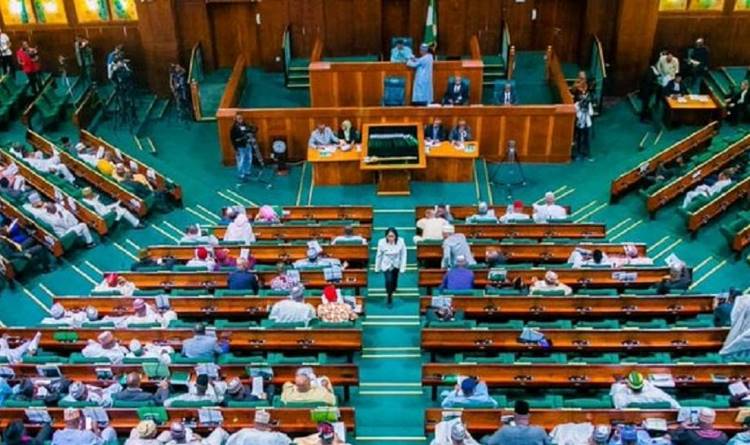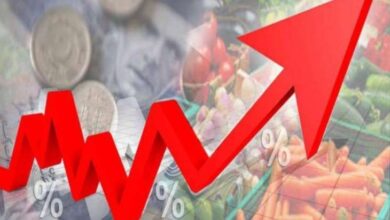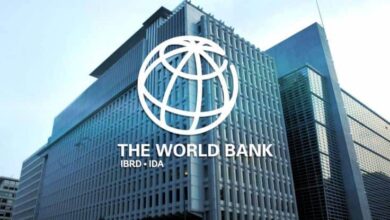Reps probe mismanagement of agricultural funds by non-agriculture MDAs

The House of Representatives Committee on Nutrition and Food Security has initiated an investigative hearing into claims of mismanagement regarding government agricultural funding and interventions by agencies and departments outside the Federal Ministry of Agriculture and Food Security.
The probe follows a House resolution directing the Committee to examine the handling of agricultural funds by institutions such as the Central Bank of Nigeria (CBN), Bank of Industry (BOI), Bank of Agriculture (BOA), Nigeria Incentive-Based Risk Sharing System for Agricultural Lending (NIRSAL), and the National Agricultural Development Fund, among others.
During the hearing’s opening in Abuja on Tuesday, Committee Chairman, Hon. Deacon Chike Okafor, stressed that the investigation is not aimed at witch-hunting but is focused on uncovering the truth, identifying systemic failures, and ensuring accountability in the management and distribution of public funds allocated for agricultural development.
He noted, “Despite trillions of naira spent over the years on various agricultural programs, Nigeria continues to face food scarcity, rising prices, and widespread malnutrition.”
“If these funds were properly managed, we wouldn’t be facing a crisis where millions of Nigerians cannot afford basic meals,” he added.
The investigation will specifically scrutinize the following:
The CBN’s disbursement of ₦1.12 trillion to 4.67 million farmers under the Anchor Borrowers Programme (ABP).
NIRSAL’s disbursement of ₦215 billion to support agriculture and agribusinesses.
BOI’s release of ₦3 billion to over 22,000 smallholder farmers and ₦59.4 billion to agro-processing ventures.
BOA’s ₦5 billion loan facility for livestock farmers launched in 2023.
The ₦1.6 billion Recovery Fund by the National Agricultural Development Fund aimed at combating the ginger blight epidemic in 2024.
The Committee has requested detailed documentation covering the period from 2017 to 2024, including authorization statutes, fund receipts, loan terms, performance metrics, beneficiary lists, and future projections for 2025.
Officials from 11 key agencies and institutions, including the Nigeria Agricultural Quarantine Service, Agricultural Research Council of Nigeria, NIRSAL Microfinance Bank, and the National Agricultural Seed Council, have been invited to testify.
Hon. Okafor also acknowledged the recent appointment of a new Managing Director at the Bank of Agriculture and confirmed that the Committee had received formal notification from the institution.
He urged the agencies to fully cooperate and provide honest and transparent disclosures. “Accountability is not an option—it is a necessity,” he stated. “The Nigerian people deserve to know how their resources are being used.”
Hon. Okafor also called on the media and civil society organizations to support the process through objective reporting and active engagement. He added, “The goal is not to antagonize but to collaborate in finding solutions. Where there are inefficiencies, let’s correct them. Where there are infractions, let’s take necessary actions to prevent recurrence.”
The Committee is set to continue hearings with agencies and stakeholders in the coming weeks, working towards greater transparency, enhanced food security, and public trust in Nigeria’s agricultural sector.





